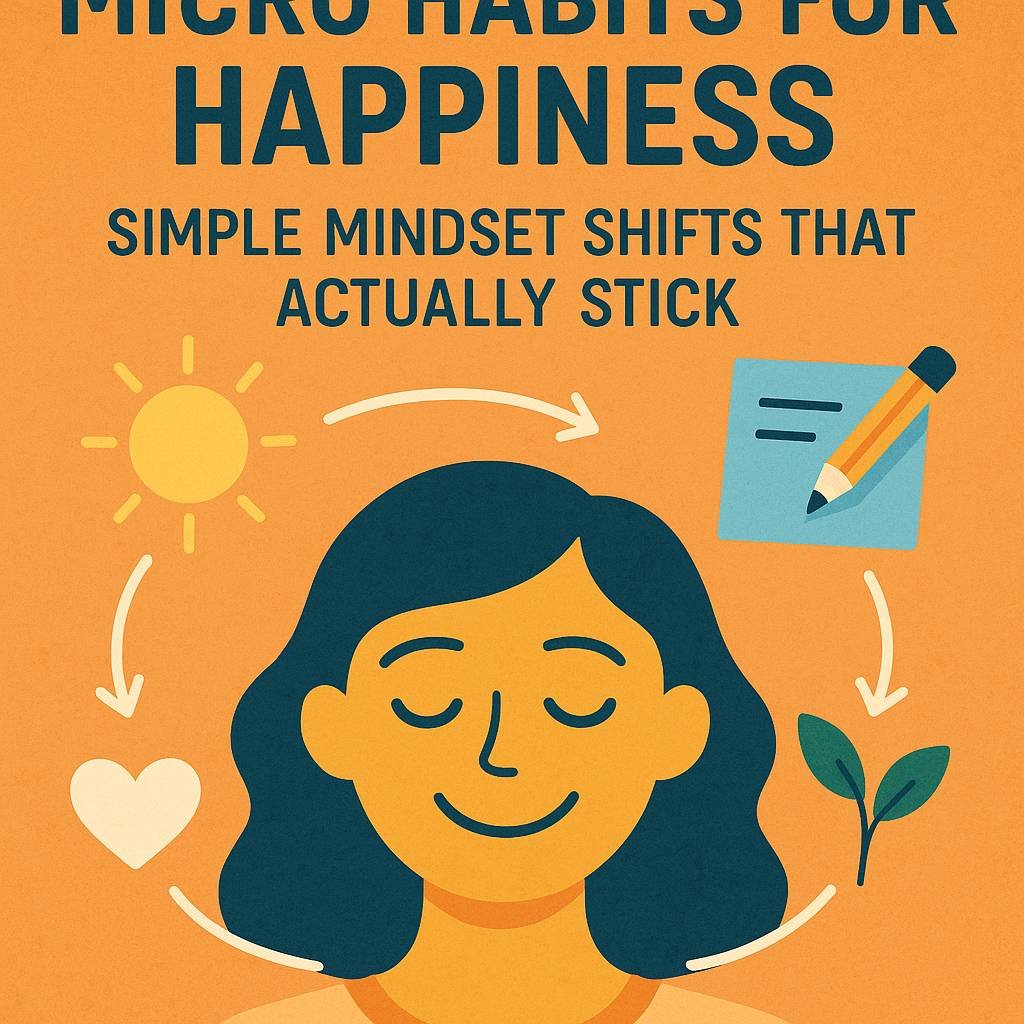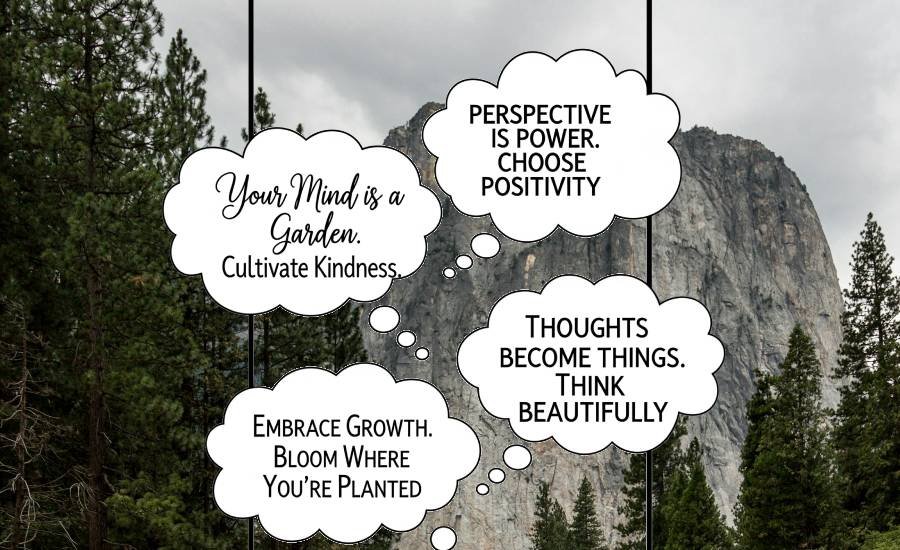Achieving Your Goals with a Growth Mindset.
Achieving your goals can be a challenging process, but having a growth mindset can make all the difference. A growth mindset is a belief that abilities and intelligence can be developed through hard work, dedication, and persistence. This mindset encourages individuals to view challenges as opportunities for growth and learning and to embrace setbacks as part of the learning process. In this post, we’ll explore how a growth mindset can help you achieve your goals and provide tips for cultivating this mindset.
How a Growth Mindset Helps Achieve Goals
Binding Appeal:
A growth mindset encourages individuals to embrace challenges as opportunities for growth and learning. When faced with a difficult task, someone with a growth mindset will see it as a chance to develop new skills and knowledge, rather than a barrier to success. This attitude can help individuals take on challenges they might otherwise avoid and help them push through obstacles they may encounter along the way.
Perseverance and Elasticity
Achieving goals often requires persistence and resilience in the face of setbacks and failures. With a growth mindset, individuals are more likely to be resilient when faced with adversity. Instead of giving up when they encounter a setback, someone with a growth mindset will see it as an opportunity to learn and improve. This resilience can help individuals stay motivated and continue to work towards their goals, even when the road ahead is difficult.
Freedom to Recompose
Receiving feedback is an important part of the learning process. With a growth mindset, individuals are more likely to be open to feedback and constructive criticism. They see it as an opportunity to learn and improve, rather than as a threat to their self-esteem. This openness to feedback can help individuals identify areas for improvement and make changes to their approach, ultimately helping them achieve their goals more effectively.
Focus on Learning
Those with a growth mindset focus on the learning process rather than just the end result. Instead of being solely concerned with achieving a specific goal, they are interested in acquiring new skills and knowledge. This approach can help individuals become more flexible and adaptable, as they are more willing to change their approach when it is not working and to try new things.
Tips for Cultivating a Growth Mindset
- Embrace challenges: Don’t shy away from difficult tasks. Instead, approach them as opportunities for growth and learning.
- View setbacks as opportunities: When faced with a setback, take the time to reflect on what you can learn from the experience and how you can improve.
- Seek out feedback: Ask for feedback from others and be open to constructive criticism. Use this feedback to identify areas for improvement.
- Practice persistence and resilience: When things get tough, remind yourself that setbacks are a natural part of the learning process. Stay motivated and keep pushing forward.
- Focus on learning: Instead of focusing solely on achieving a specific goal, focus on acquiring new skills and knowledge. This approach can help you become more flexible and adaptable, ultimately helping you achieve your goals more effectively.
Conclusion
Achieving your goals requires more than just hard work and dedication. Having a growth mindset can make all the difference in your success. By embracing challenges, being resilient in the face of setbacks, being open to feedback, and focusing on learning, you can cultivate a growth mindset and achieve your goals more effectively. Remember that success is not just about achieving a specific goal but also about developing skills and knowledge that will serve you well in the long run. With a growth mindset, you can achieve both.







